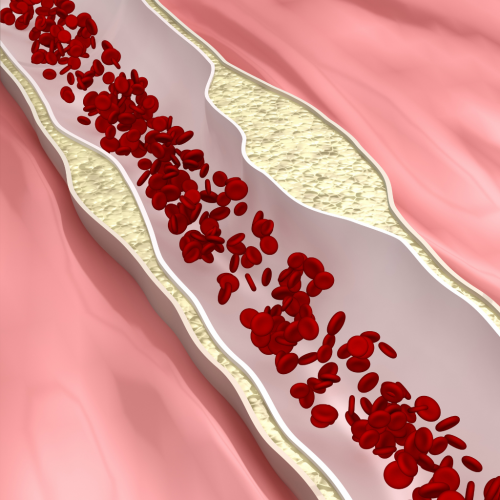Cholesterol Treatment in Kharadi, Pune
High cholesterol occurs when there is an excessive amount of fatty substances in your blood, increasing the risk of heart disease, stroke, and other health problems. At Dr. Lakhe’s Healthcare Centre, we focus on early detection, risk assessment, and long-term management to keep your cholesterol levels in check.

Symptoms & Signs
Be aware of these signs that may indicate high cholesterol. Detecting them early can help you get timely care and reduce the risk of serious health issues.
Chest Discomfort
Sudden Dizziness
Skin Bumps
Limb Numbness
No Early Symptoms
Breathing Difficulty
Causes / Risk Factors
Certain risk factors can raise your chances of developing high cholesterol. Knowing them early can help you take proactive steps to protect your heart and overall well-being.
- Unhealthy diet rich in saturated and trans fats
- Lack of physical activity
- Obesity
- Family history of high cholesterol
- Smoking
- Diabetes or high blood pressure
Diagnosis at Our Clinic
We diagnose high cholesterol through lipid profile tests, advanced blood screenings, and comprehensive health assessments, detecting early signs and guiding you toward the right treatment and lifestyle changes.
Why Choose Dr. Lakhe’s Healthcare Centre
Extensive Health Care Experience
20+ years of experience in managing metabolic disorders
Cutting-Edge Medical Diagnostics
Advanced diagnostic and continuous monitoring facilities.
Personalized Medical & Health Care
Patient-focused, tailored treatment and recovery plans.
Accessible & Convenient Location
Prime location in Kharadi, Pune with easy appointment booking
Book Your Cholesterol Management Consultation Today
Don’t wait until it’s too late — keep your heart healthy and arteries clear. Book your appointment with Dr. Mahesh Lakhe at Dr. Lakhe’s Healthcare Centre, Kharadi, Pune.
📞 Call: +91 9607025977
FAQ's
Cholesterol is a fat-like substance that helps build cells, but too much can increase heart disease risk.
Ideally, total cholesterol should be below 200 mg/dL, with LDL (“bad” cholesterol) low and HDL (“good” cholesterol) high.
Yes, through diet, exercise, and weight control, but some patients may still need medication.
Genetics can influence cholesterol levels, but lifestyle choices also play a major role.
Usually, it has no symptoms and is detected through blood tests.
